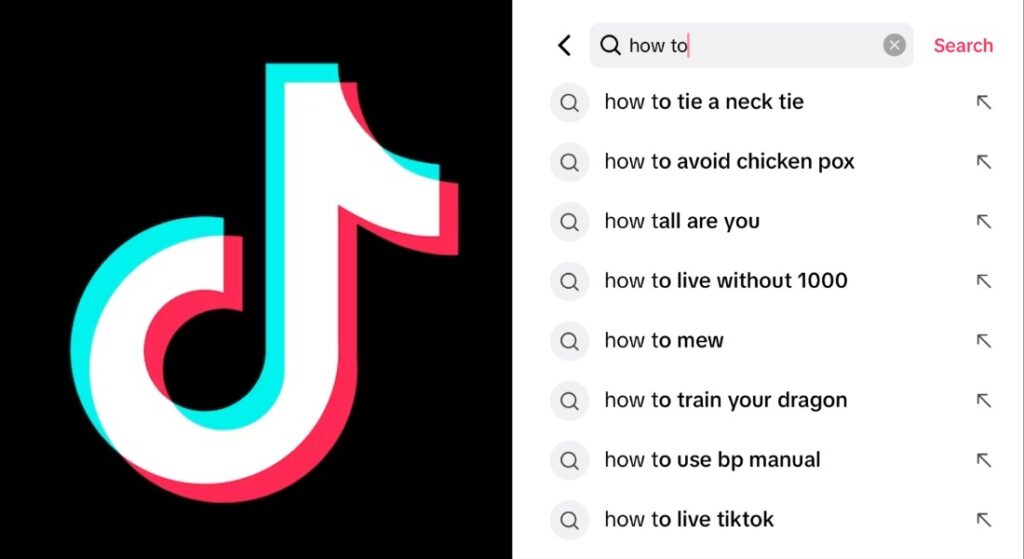Is TikTok a reliable search engine? Gen Z seems to think so

Gen Z uses TikTok as a search engine more than Google | Screenshots from TikTok
For the longest time, Google and TikTok have been on the polar ends of the internet spectrum. We turn to Google when it comes to academic research, life’s mysteries, and self-indulgent curiosities. It’s arguably everyone’s most trusted search engine—a.k.a. the platform that can answer every question. (“Hey Google, are aliens real?”)
Meanwhile, TikTok has been our savior from those endless bouts of ennui. It offers a bottomless well of dance challenges, juicy gossip, and cat videos to help us procrastinate through the day.
Simply put, they are two distinct entities with entirely different purposes. So, would you believe it if somebody told you that TikTok is giving Google a run for its money and is now doubling as a digital encyclopedia? Well, it sort of is—at least to Gen Z.
TikTok as Gen Z’s preferred search engine
A recent study by Adobe suggests that the boundary between Google and TikTok is no longer as prominent as it once was. In fact, among the study’s 808 American respondents, over two out of five (or more than 300) are now utilizing TikTok as their go-to platform for new recipes, new music, DIY tips, and fashion advice.

Among the study’s 808 American respondents, over two out of five (or more than 300) are now utilizing TikTok as their go-to platform
“The shift was particularly pronounced among younger generations,” wrote Adobe as it revealed that 64 percent of its Gen Z respondents admitted to turning TikTok into one of their search engines. “[Even] more striking, nearly [one] in 10 Gen Zers preferred TikTok over traditional giants like Google for their search needs.”
Why TikTok, though?
Considering this generation’s short attention span, the allure lies in TikTok’s short-format content—those quick bursts of wisdom that serve exactly what they need without the extra fluff. Plus, users (nowadays) appreciate content that doesn’t only impart knowledge but also does so in a visually engaging manner.
But it isn’t just about brevity; it’s about personalization as well. “Among Gen Zers who gravitate towards TikTok, [two] in [five] were captivated by content that feels more tailored to their tastes.”
The social media platform has seemingly mastered the art of reading minds (or training algorithms that are eerily good at predicting one’s interests).
ChatGPT is on the rise, too

One in 10 consumers turn to the chatbot for information
The same study also unveiled a rising player in the search game: ChatGPT. With about one in 10 consumers turning to the chatbot for information—and one in 20 “going as far as asking it for personal financial advice”—it seems that people are drawn to its interactive style.

